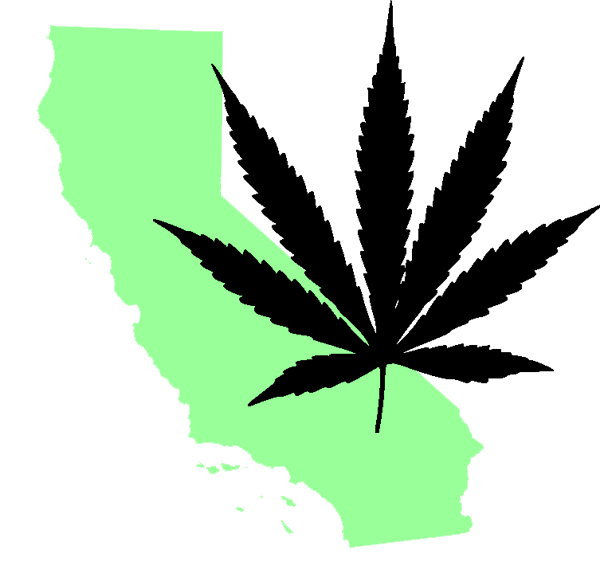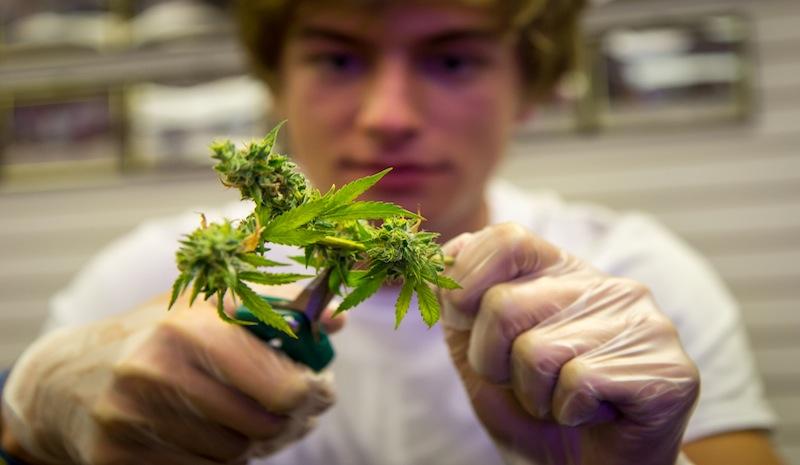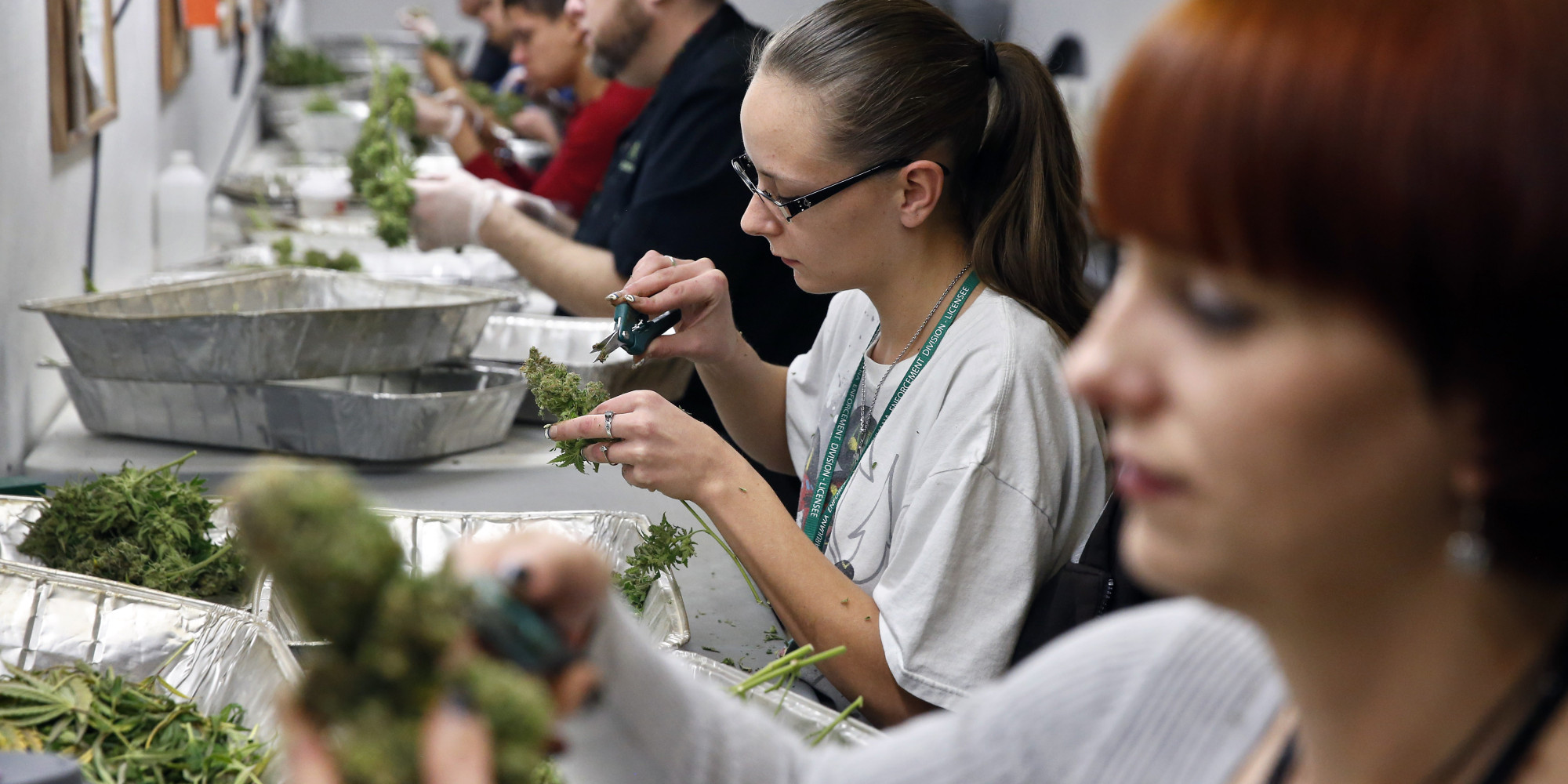California could become the biggest cannabis job creator among pot-friendly states

It may only be just two months since California legalized recreational cannabis sales, but the weed-friendly state is already being catapulted to the forefront of the industry.
Recent data from online job marketplace ZipRecruiter shows how the majority of cannabis-focused jobs posted on their marketplace in recent times were located in Los Angeles and San Francisco.
Types of employment offered by employers in California on the job marketplace range from cannabis cultivation and processing to dispensary selling, marketing and cannabis legal jobs.
California’s journey to cannabis legalization
On January 1, 2018, life changed for cannabis advocates and consumers in California. It was on this particular day that recreational cannabis sales kicked off, with over 400 licensed businesses launching as the laws surrounding cannabis prohibition came to an end. This is according to estimates from California state.
A direct effect of cannabis legalization in California is the impact it is having on the economy. “The Golden State” already boasts the sixth-largest economy in the world and things are only going to get better as the green rush continues to spread across the state. The cannabis industry is a substantial earner for California, with BDS Analytics anticipating cannabis sales to hit $3.7 billion by the end of the year.
The journey has been a long one however, beginning with The Poison and Pharmacy Act of 1907. Although cannabis wasn’t added to the list of banned drugs, such as morphine, cocaine and opium, it was added to the list in 1913.

Next came the Marihuana Tax Act of 1937, when cannabis possession or distribution was made illegal under the U.S. federal law. Medical cannabis was made available with a prescription, but the extortionate cannabis taxes made it difficult for many medical cannabis patients to obtain the herb.
In 1972, supporters of the plant worked together on Proposition 19. Unfortunately, not every Californian wanted the state to turn over a new leaf, with 66.5 percent voting against cannabis legalization in California.
Success sprouted at a 2016 ballot initiative, when 57 percent of Californians voted to completely legalize cannabis.
Job growth noticeable in cannabis-friendly states
 The recreational cannabis market in California is as fresh as the buds being sold at local dispensaries. An influx of job postings related to the cannabis industry can be seen on various job sites.
The recreational cannabis market in California is as fresh as the buds being sold at local dispensaries. An influx of job postings related to the cannabis industry can be seen on various job sites.
Seattle and Denver are the next-largest cannabis employment marketplaces. These areas may have a competitive edge over others, due to the fact they are located in Washington and Colorado – two of the most prominent and longest-established legal cannabis states.
“When it comes to growth in this industry, we see the most significant growth in states that recently loosened their marijuana laws,” is an excerpt from a Cannabis Marketplace Report.
Job growth in California is a reflection of the number of people using cannabis on a daily basis. Since most cannabis companies are launching their businesses in areas where the consumer rate is high, California really is about to discover that the grass is greener on the other side.
The report also revealed how, in the Los Angeles Greater Metropolitan Area, 5.3 million of the 13.7 million residents aged 21 and above consumed the plant on a regular basis. Some consume it for medical use and others for recreational purposes. A growing number of consumers means a surge in demand for people to get involved in the evolving industry.
Could cannabis jobs in California pose a risk for employers?
A number of risks are associated with getting cannabis jobs in California (and anywhere else for that matter).
Despite concerns of the government cracking down on cannabis jobs, it is not necessarily deterring applicants from showing their interest in the industry.
With that being said, employers and entrepreneurs must be prepared for the worst case scenario – the government shuts their business down.
Nonetheless, the swell in California’s employment and economy is forecast to continue. If President Donald Trump, Attorney General Jeff Sessions and other members of the federal government ever make the decision to legalize cannabis fully, it could rake in as much as $100 billion for the US economy, according to the Ackrell 2018 Cannabis Investment Report. However, with Sessions recently repealing the Cole Memo, this might not happen anytime soon.







